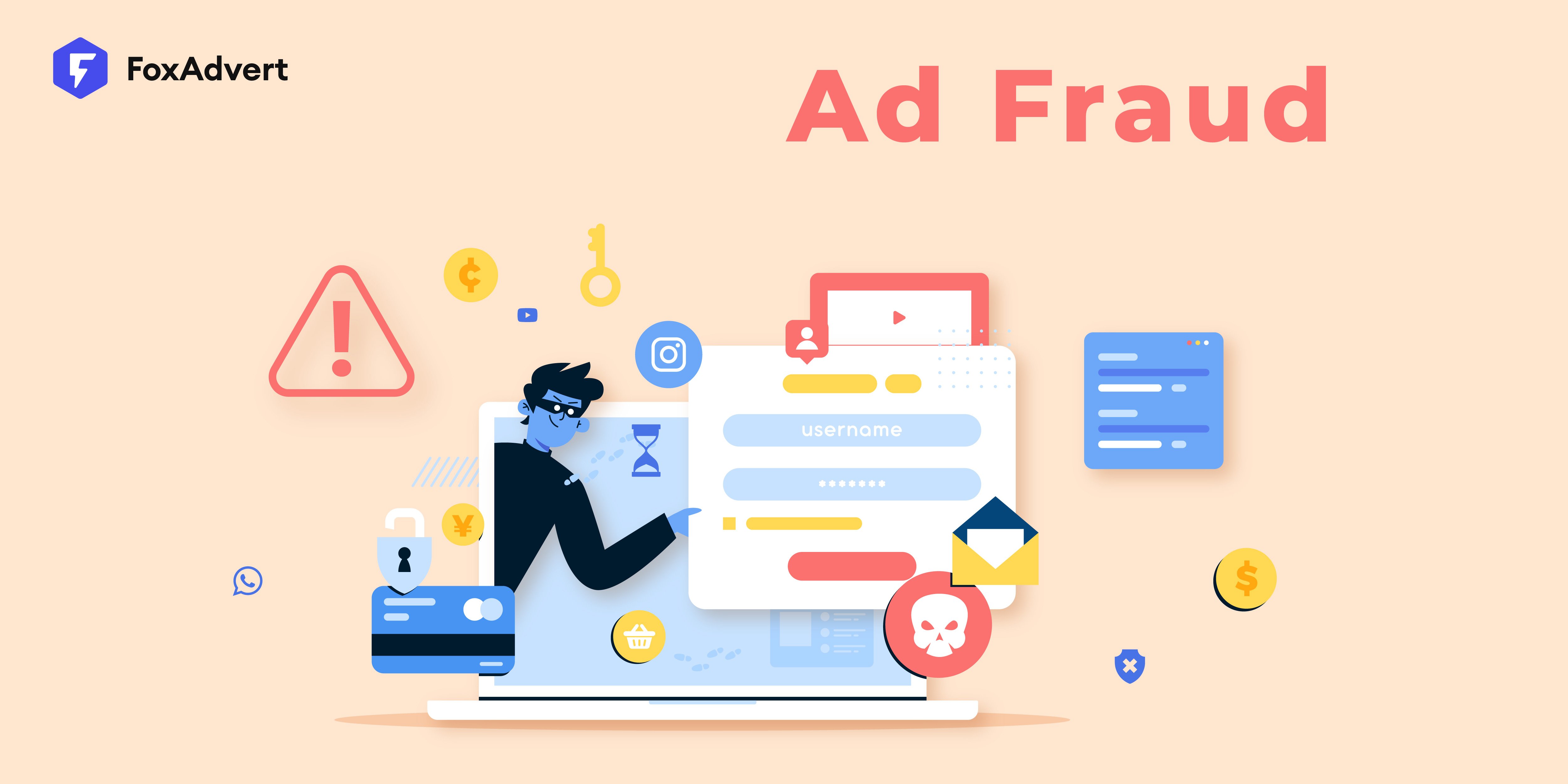
If you’re spending money on search engine advertising, you’re probably aware of how important it is to get the most out of your budget. But what if I told you that a significant portion of your ad spend is going straight down the drain? Enter ad fraud—a sneaky, costly problem that can eat up your advertising budget without delivering any real results. Let’s break down what ad fraud is, how it’s impacting your campaigns, and what you can do to protect yourself.
Ad fraud occurs when clicks, impressions, or interactions are generated through deceptive means, with the sole purpose of tricking advertisers into paying for non-genuine engagement. This is more than just an annoyance; it’s a major money-draining problem. If you’re not paying attention, it can undermine your marketing efforts, skew your data, and cost you a significant chunk of your ad budget.
The Cost of Ad Fraud: It is estimated that ad fraud is projected to cost the global advertising industry over $100 billion by 2025, making it a serious concern for businesses worldwide.
Here’s what ad fraud can do to your search engine ads:
1. Wasted Ad Budget: Fraudulent clicks mean you’re paying for engagement that isn’t real. Your ad spend is essentially being siphoned off, with no actual return on investment (ROI).
2. Distorted Data: Fraudulent traffic can skew your campaign metrics, making it difficult to get an accurate picture of how your ads are performing. This can lead to poor decision-making and misguided strategies. When your data is compromised, you may make decisions based on misleading insights, potentially reducing the effectiveness of your marketing efforts.
3. Increased Cost-Per-Click (CPC): The more click fraud you experience, the higher your CPC will go, which can drain your budget faster than you expect. Google Ads and other platforms use algorithms to detect fraudulent activity, but they’re not perfect. The additional costs can add up quickly, especially if your industry is highly competitive.
4. Lower Ad Quality Score: A higher CPC and poor performance metrics can negatively impact your quality score, making it harder for you to compete for better ad placements and ultimately raising your advertising costs. A study by SEMrush revealed that advertisers with low-quality scores see an average CPC increase of 30% to 50%.
5. Impact on User Experience: If your ads are shown to bots or fake users, actual potential customers are missing out, diminishing your brand’s credibility and reach. This kind of wasted ad spend can lead to a decreased return on investment (ROI) and lower customer trust.
How do you know if ad fraud is affecting your campaigns? Here are some warning signs:
● High Click-Through Rate (CTR) with Low Conversions: If your CTR is through the roof but your conversion rate stays the same or drops, it’s time to investigate. Click fraud networks can generate fake clicks, boosting CTR but resulting in no actual customer engagement.
● Sudden Spikes in Traffic: An unexpected surge in clicks or impressions is a classic sign of bot activity or click farms. If you notice a sudden spike, especially outside business hours or in unexpected regions, it’s worth examining further.
● Geographic Irregularities: If you’re seeing traffic from places that aren’t part of your target audience, something’s off. Bot networks often use IPs from different geographic locations to mimic organic traffic.
● High Bounce Rates: Fraudulent clicks usually come from users who have no real intention of interacting with your content, which leads to a high bounce rate. A high bounce rate combined with low engagement metrics is a red flag that warrants further investigation.
Now that you know how ad fraud can impact your campaigns, let’s get into what you can do about it.
There are specialized tools out there designed to monitor and block fraudulent activity in real-time. Tools can help you detect and prevent ad fraud, so you don’t have to rely solely on the built-in features of ad platforms like Google Ads or Microsoft Ads. They use machine learning algorithms and data analysis to detect and block suspicious traffic, reducing the risk of ad fraud.
Don’t just set your campaigns and forget about them. Keep a close eye on your metrics and look for anything out of the ordinary. Regular monitoring can help you spot suspicious behavior early and take action before it becomes a bigger issue. Google Analytics and Google Ads’ own reporting tools can help identify anomalies in your traffic.
If you’ve identified specific IP addresses that are generating suspicious traffic, exclude them from seeing your ads. This is a simple but effective way to reduce click fraud. Regularly updating your IP exclusion list can help maintain the quality of your traffic.
Segmenting your traffic data can help you identify unusual patterns that may indicate ad fraud. This allows you to take a more granular look at where your traffic is coming from and how it’s behaving.
Ad fraud is a growing threat that can cost your business big time. The good news is, by staying vigilant, using the right tools, and adopting best practices, you can minimize its impact. Your ad budget deserves better, and so do your campaigns.
Remember: ad fraud doesn’t just steal money—it steals opportunities. Protect your campaigns, analyze your data, and make sure you’re investing in quality traffic that delivers real results.